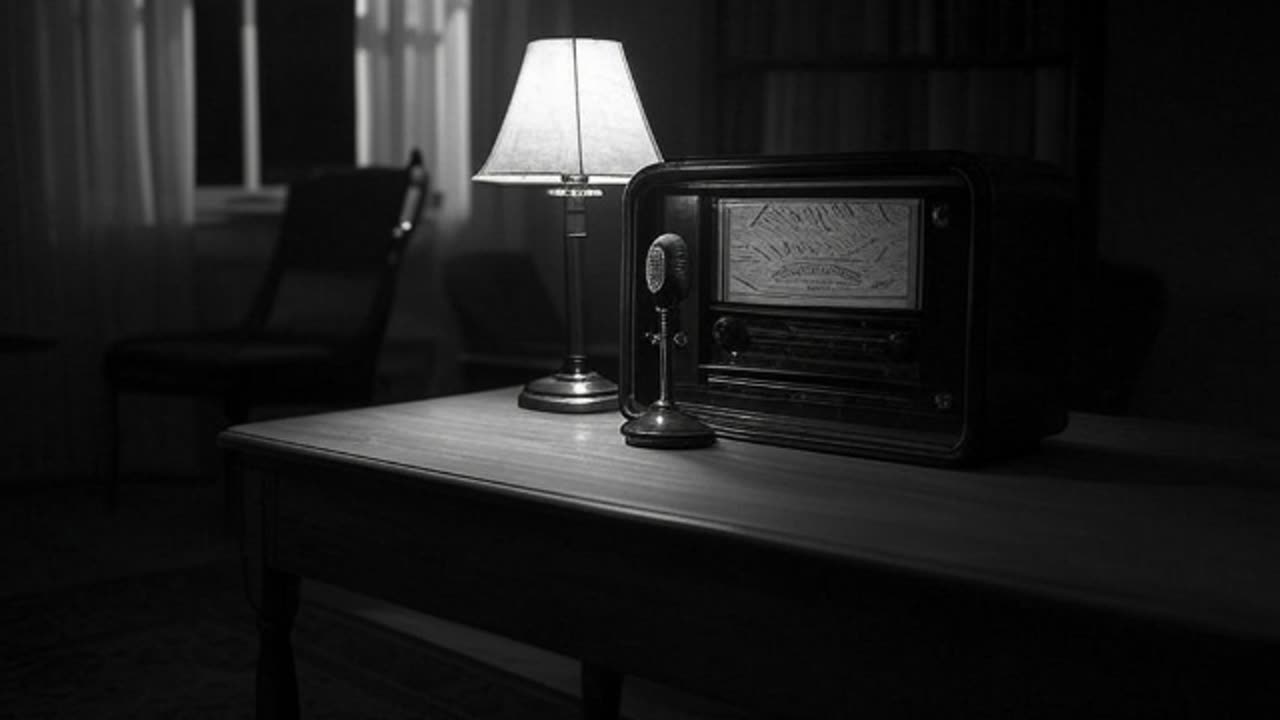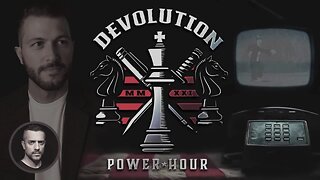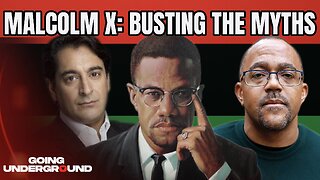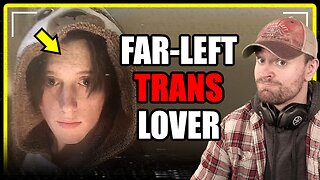Premium Only Content

Lights Out Episode 10 1937/03/17 State Executioner
Cast and Roles
John Benton: The state executioner, a man in his late 40s, conflicted about his role in carrying out executions.
Mary Benton: John’s wife, supportive but increasingly disturbed by the supernatural events tied to her husband’s work.
Reverend Thompson: A local minister who warns John about the spiritual consequences of his job.
The Spectral Voices: Ghostly voices of executed prisoners, haunting John and driving the supernatural terror.
Warden Harris: The prison warden, a pragmatic figure who interacts with John about his duties.
Plot Summary
In the Lights Out radio episode "State Executioner," aired on March 17, 1937, John Benton, a state executioner, grapples with the moral weight of his job, which involves executing condemned prisoners via the electric chair. Despite the steady income, John is haunted by nightmares and a growing sense of unease, which he shares with his wife, Mary. Reverend Thompson visits, cautioning John that his role may invite divine or supernatural retribution, urging him to quit. John, torn between duty and fear, dismisses the warning but grows anxious as strange occurrences begin: whispers in the night and fleeting shadows that resemble the men he executed.
The tension escalates when John prepares for his next execution. Alone in the execution chamber, he hears spectral voices—those of the prisoners he killed—accusing him of their deaths and promising vengeance. Mary, witnessing John’s deteriorating mental state, pleads with him to resign, but Warden Harris insists John is indispensable. As the episode reaches its climax, the ghostly voices intensify during an execution, and a supernatural force seems to seize control of the electric chair, turning the act of justice into a horrifying ordeal. The story ends ambiguously, with John trapped in a cycle of guilt and supernatural torment, leaving listeners to ponder whether the voices are real or a manifestation of his conscience.
Themes and Style
Themes: "State Executioner" delves into themes of guilt, morality, and the psychological toll of participating in institutionalized death. John’s internal conflict reflects broader questions about the ethics of capital punishment, a provocative topic for 1937 audiences. The supernatural element—spectral voices—serves as a metaphor for retribution, suggesting that actions, even those sanctioned by law, carry spiritual consequences. The episode also explores the tension between duty and personal conscience, as John struggles to reconcile his role with his humanity.
Style: True to Arch Oboler’s Lights Out series, the episode is a masterclass in atmospheric horror, relying on sound to evoke dread. The eerie whispers of the spectral voices and the hum of the electric chair create a chilling auditory landscape, amplifying the story’s tension. Oboler’s script balances psychological drama with supernatural terror, using John’s introspective monologues to humanize the executioner while the ghostly accusations escalate the horror. The pacing builds steadily, culminating in a chaotic, nerve-wracking climax that leaves the outcome unresolved—a hallmark of Lights Out’s ability to unsettle. The dialogue, grounded in the era’s radio drama conventions, blends emotional depth with gothic flourishes, making the episode a compelling blend of moral inquiry and visceral fear, characteristic of Oboler’s innovative storytelling.
-
 4:14
4:14
The Rubin Report
1 day agoDave Rubin Shares Behind-the-Scenes Story of What Charlie Kirk Did for Him
49K25 -
 1:58:58
1:58:58
Badlands Media
1 day agoDevolution Power Hour Ep. 389: Psyops, Patsies, and the Information War
88.8K96 -
 2:13:55
2:13:55
Tundra Tactical
7 hours ago $9.23 earnedTundra Talks New Guns and Remembers Charlie Kirk On The Worlds Okayest Gun Show Tundra Nation Live
33.4K4 -
 1:45:08
1:45:08
DDayCobra
9 hours ago $36.45 earnedDemocrats Caught LYING Again About Charlie Kirk's KILLER
72.8K80 -
 19:23
19:23
DeVory Darkins
11 hours ago $14.79 earnedShocking Update Released Regarding Shooter's Roommate as Democrats Issue Insane Response
46.2K158 -
 19:53
19:53
Stephen Gardner
12 hours ago🔥EXPOSED: Charlie Kirk Shooter's Trans Partner Tells FBI EVERYTHING!
63.3K324 -
 2:47:25
2:47:25
BlackDiamondGunsandGear
8 hours agoAfter Hours Armory / RIP Charlie Kirk / What we know
38.6K6 -
 29:09
29:09
Afshin Rattansi's Going Underground
1 day agoThe Political Life of Malcolm X: Busting the Myths (Prof. Kehinde Andrews)
49.9K13 -
 2:47:25
2:47:25
DLDAfterDark
8 hours ago $5.47 earnedThe Assassination of Charlie Kirk - Just What We KNOW
32.8K7 -
 1:33:56
1:33:56
MattMorseTV
9 hours ago $40.19 earned🔴Exposing his PARTNER IN CRIME.🔴
85K287